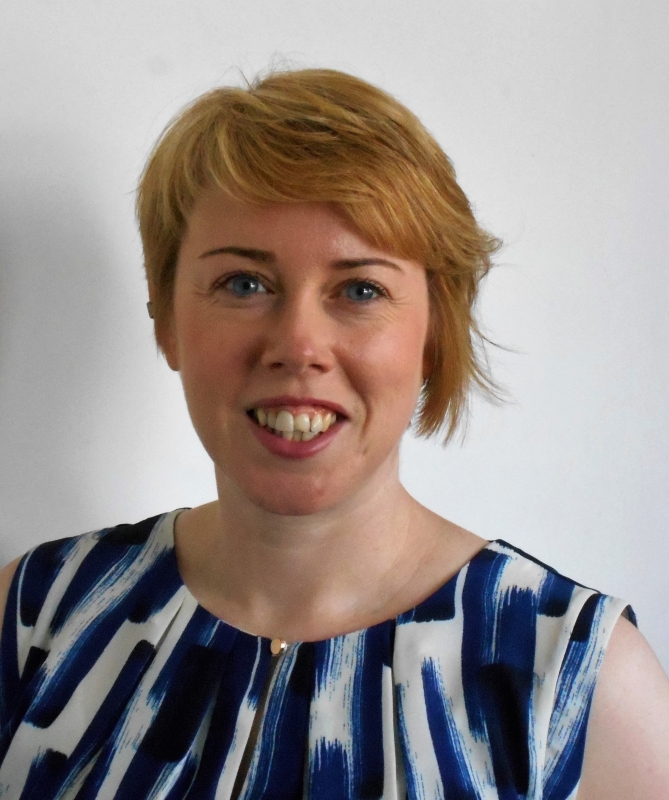CPD for teachers – How ‘teacher educators’ can forge their own professional development path

The desire among teachers to forge their own professional training path is inspiring, but that enthusiasm must be properly co-ordinated if they’re to succeed, says Nicola Brooks…

We live in a golden age of professional development. Never have there been so many opportunities for teachers to share, learn and grow. From #BrewEd to #WomenEd, the leadership of professional learning is changing.
Gone are the days of listening to consultancy firms running through PowerPoints in hotels; teachers now talk from their classrooms, having taken up the mantle of providing professional development for themselves.
Arise then, the ‘teacher educator’ – those among us who see supporting teachers as synonymous with supporting children. To put it another way, if I teach a class of 30 children I change 30 lives. If I teach a room of 30 teachers, I potentially change 900 lives.
But how different is teaching adults to teaching children? What skills do I need and how do I start?
Teacher training – Determine your needs
You may already have a development plan in place to help structure your school’s professional learning. If not, or if you’re looking to supplement your existing programme, then it’s best to start by carrying out a needs analysis.
As well as providing a useful starting point for content, this will increase the likelihood of engagement, since you’ll be giving practitioners what they actually need.
You might begin by thinking about specific groups. Early career teachers, for example, may need more exemplars and time between sessions to apply their learning.
Don’t forget to consider wider staff groups too, such TAs, ancillary staff and governors. All school staff contribute to the development of children, and therefore deserve access to effective training programmes that will allow them to further develop their skills.
Having identified your training needs and audience, you’ll then need to consider who will actually deliver the training. A common misconception is that CPD leads should plan and lead all training sessions. Whilst CPD leads do love delivering training, and are often very happy to spend their time creating content from scratch, they won’t always be the best person to do so.
For subject-specific CPD, you’ll likely need a subject expert. Knowing the skills and strengths of your team will allow you to identify the person with the right knowledge.
This can be included in your needs analysis – instead of just asking people about their favoured areas for development, also enquire after their areas of strength and what they can offer.
Develop your teacher educators
Transforming teachers into teacher educators isn’t always easy. Put a teacher in front of 30 teenagers, and they’re right at home; ask them to speak to 30 of their peers, and their confidence can seem to evaporate.
Teachers are often modest creatures – quick to praise others, but less inclined to turn that positive lens on themselves. If you’re looking to develop a team of teacher educators, you need to do so in a way that increases teachers’ confidence in training their peers.
Like most things, practice makes perfect. Make it commonplace for people to reflect on and highlight their areas of outstanding practice. ‘Bring and share’ teachers’ meetings that employ a speed-dating format can provide a quick and easy way to build confidence whilst sharing expertise and success.
You could also consider sharing forms of writing, such as blogs or newsletters, and following these up with question and answer sessions with the authors. Studies into self-efficacy suggest that if we see our peers being successful, we’re more likely to give something a go ourselves.
Just like team teaching for NQTs, new teacher educators may find it useful to deliver training together, or alongside more experienced colleagues.
Some may find it easier to deliver training remotely, as this minimises the presence of an audience. Pre-recorded training is another great way of building confidence, providing as it does the reassurance of knowing you can always start again.
When to do teacher training
Despite the rise in weekend CPD, your training is unlikely to be successful if it’s offered at the end of term on a Friday night. Regular routines will help staff create a healthy habit of professional learning.
If you’re looking to establish a regular programme, try to keep the days and times that you offer CPD consistent – for example, midweek between 4pm and 5pm. This also lets people plan ahead, since they can anticipate when training opportunities are likely to occur. Small variations are, however, advisable.
Most people will have some fixed commitments, and rotating the day and time can allow more people to attend. Don’t be disheartened if the number of attendees is small to begin with. This can often be the case at first, particularly with voluntary CPD. Remember that small groups can still be useful for building confidence, trying out new things and getting honest feedback.
If you need to keep registers, set yourself a reminder to do so. Registers can help track engagement and identify trends over time, and be particularly helpful when working across groups of schools or offering open access events.
Ice-breaker activities provide good opportunities for learning about your participants, but for every person who enjoys sharing what they had for lunch, there’ll be another who instantly wishes to depart. Take time at the beginning to try things out and see what works for your new teacher educator identity.
Teacher workload and CPD
Teachers are often so busy that despite being enthused during the professional learning itself, it’s all too easy for them to return to the classroom and not give their training another thought. For meaningful learning to happen, some element of reflection and identification of next steps needs to occur.
Therefore, think about how to build evaluative elements into your sessions and what element of follow-up will occur. Evaluating is good for your participants and will give you valuable feedback.
As well as thinking about the learning of others, it’s also useful to think about your own. As a teacher educator, it’s good to be familiar with the DfE’s ‘Standard for teachers’ professional development’ and the Teacher Development Trust – a charity devoted to teacher education that offers assorted publications, events and webinars.
Finally, think about the long-term aim of your training, since having goals and aspirations will help you stay motivated. In the same way that leaders view creating other leaders as a sign of success, inspiring others to begin their own teacher educator journey is a worthy goal.
However, creating a culture of professional learning – where staff are seen as teacher educators, as well as classroom teachers – will take time. Gaining the support of senior leaders is crucial. Senior leaders can help you establish an ethos of learning, while providing the crucial time needed for staff to engage in training.
For those passionate about a particular area and keen to connect with like-minded peers, there are plenty of grassroots education networks, charities and professional associations that can support you, such as the Chartered College of Teaching.
Whichever path you choose, contributing to the development of other teachers benefits everyone – from our children and schools, through to our wider profession – and is something we very much need to keep on doing.
Teacher trainer takeaways
DO:
- Consider the needs of all staff groups, including non- teaching colleagues
- Explore people’s areas of expertise to help identify potential teacher educators
- Use a booking system such as Eventbrite to help with logistics and registers
- Provide opportunities for people to build their skills as teacher educators
- Secure the support of senior leaders
DON’T:
- Be disheartened if numbers are small to begin with
- Feel you have to lead all training sessions yourself
- Worry if people don’t initially volunteer – it takes time to build people’s confidence and foster an ethos of sharing
- Be afraid to take risks as you develop as a teacher educator
- Let attendees leave without an evaluation or providing feedback
Nicola Brooks is a professional development co-ordinator for Reach South Academy Trust, a founding fellow and network lead for the Chartered College of Teaching and lead trainer for the Wiltshire Autism Education Trust Schools Programme.











